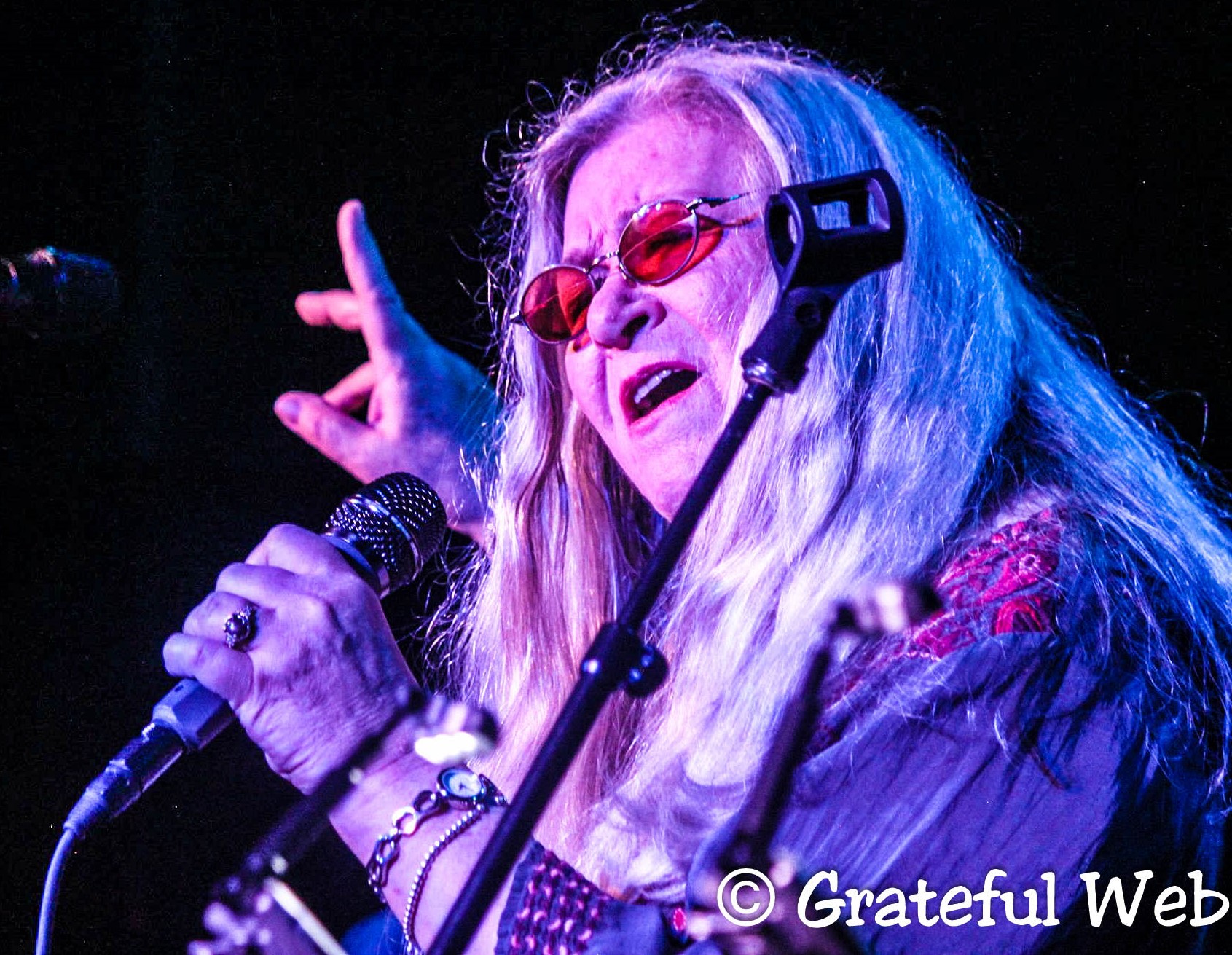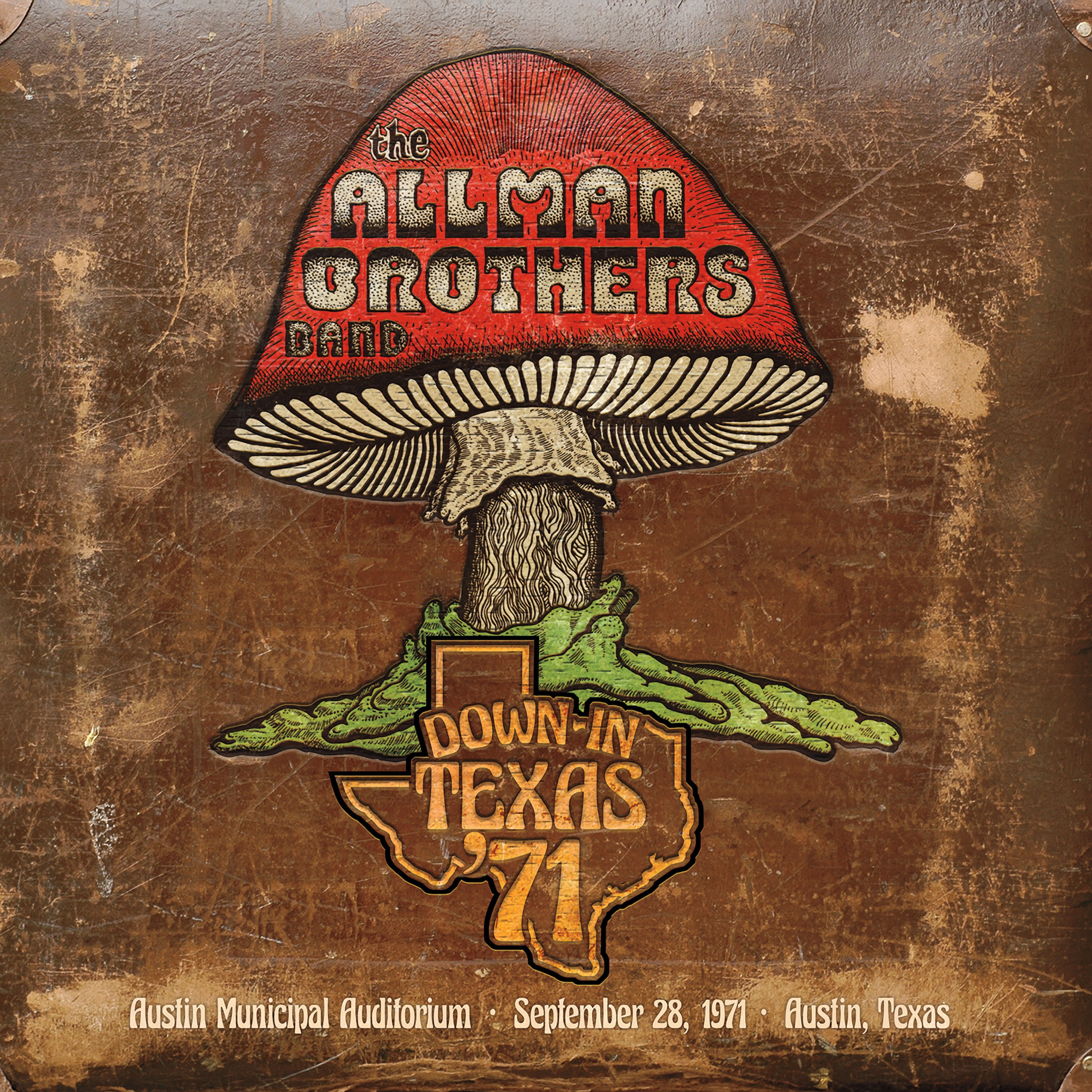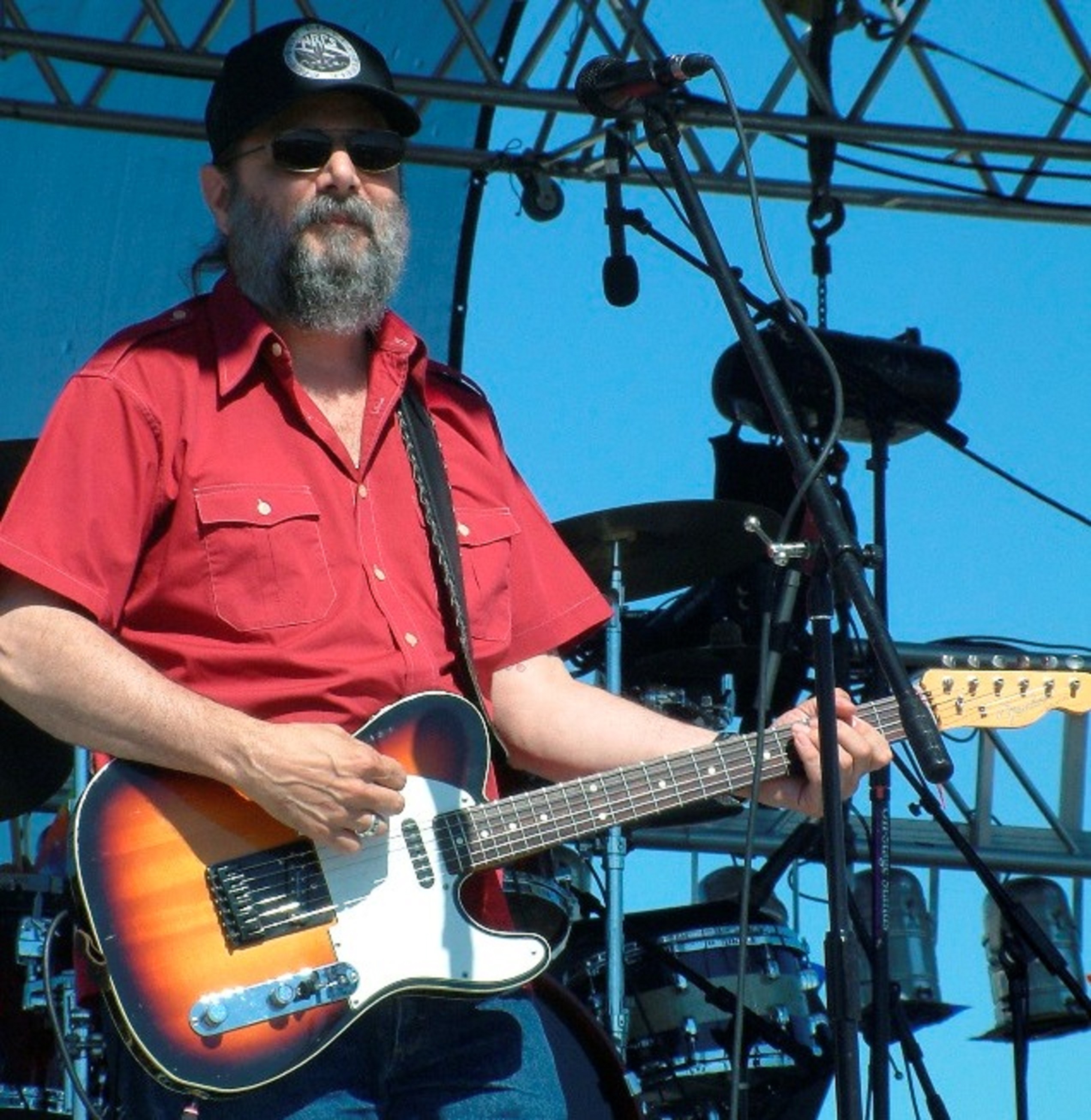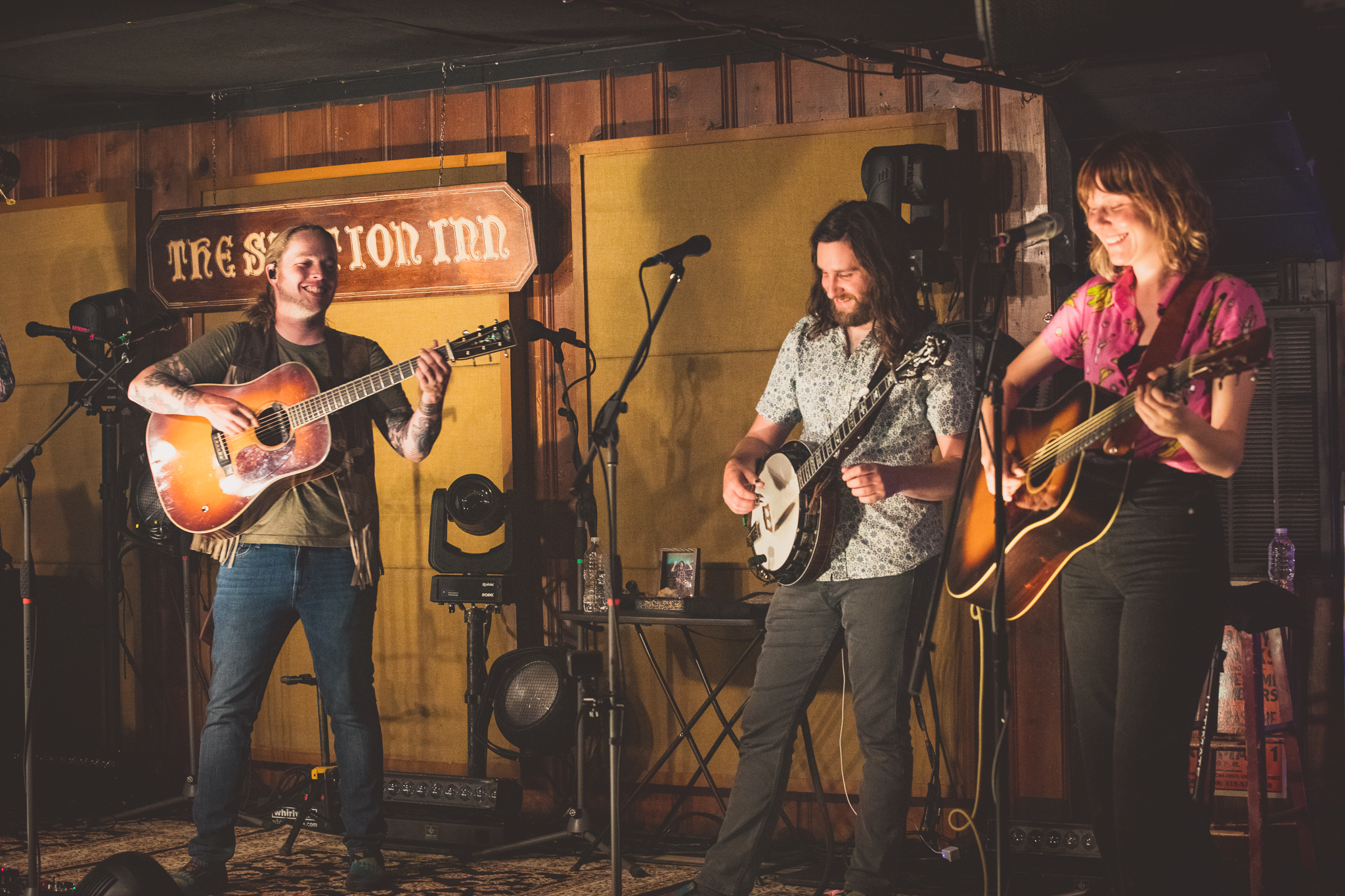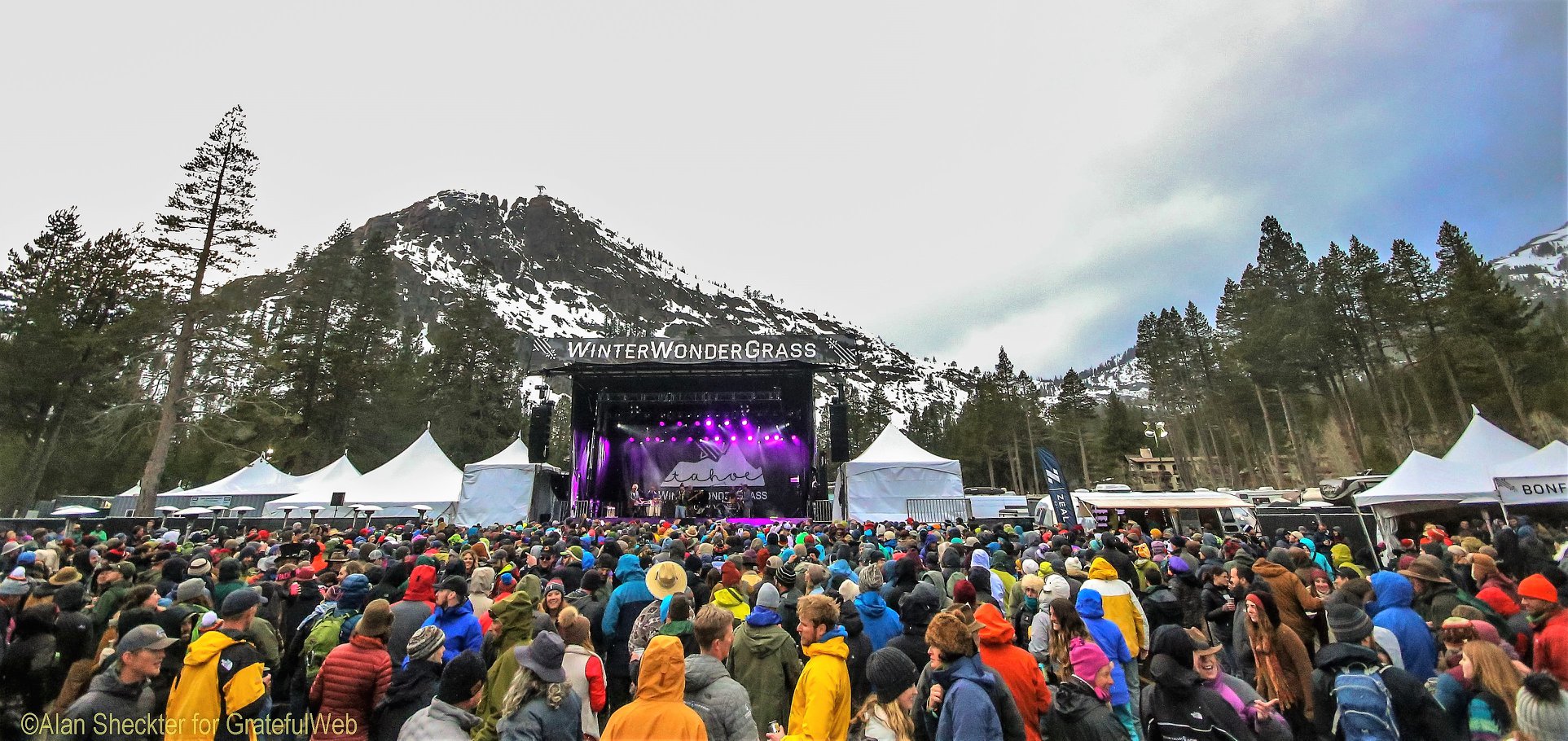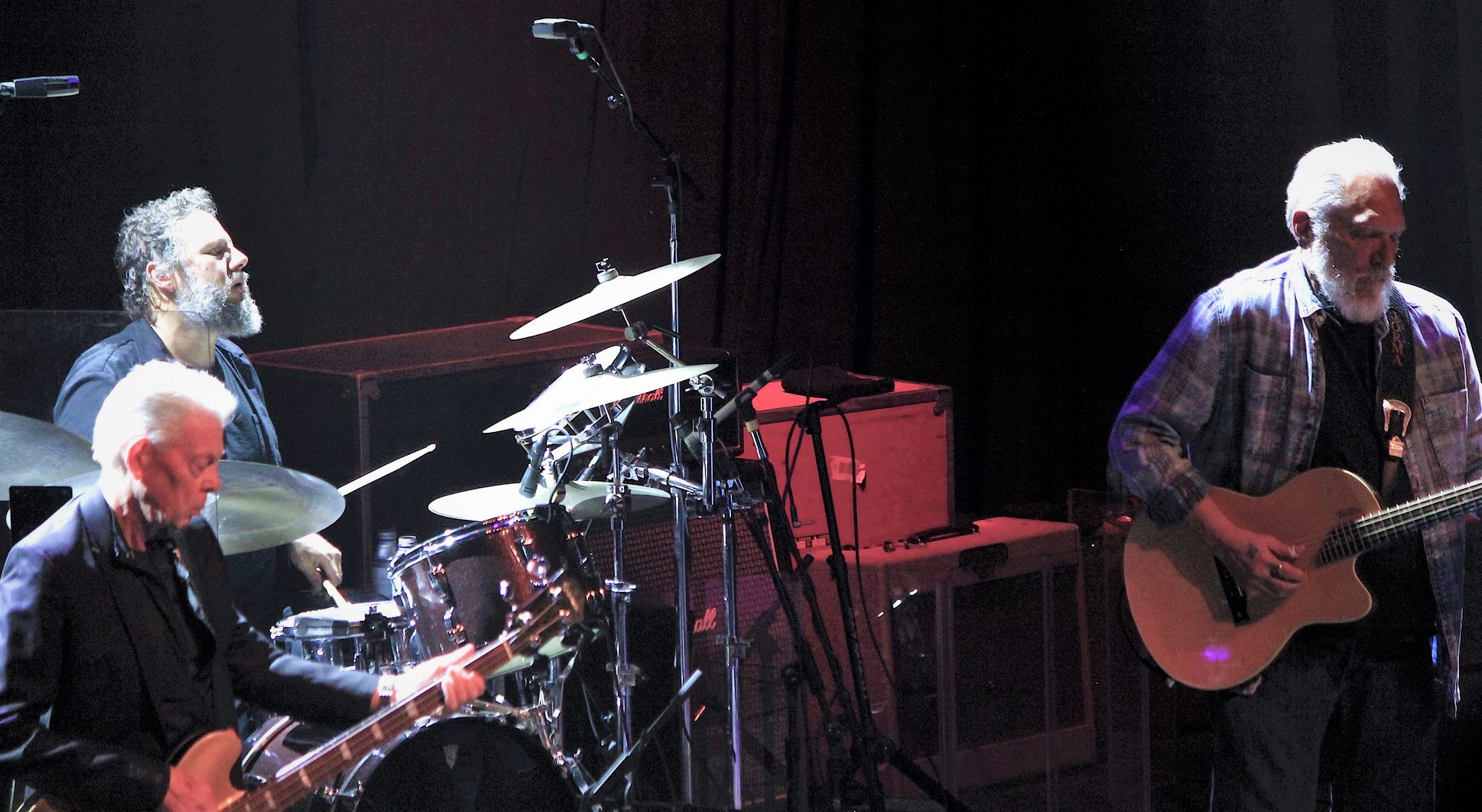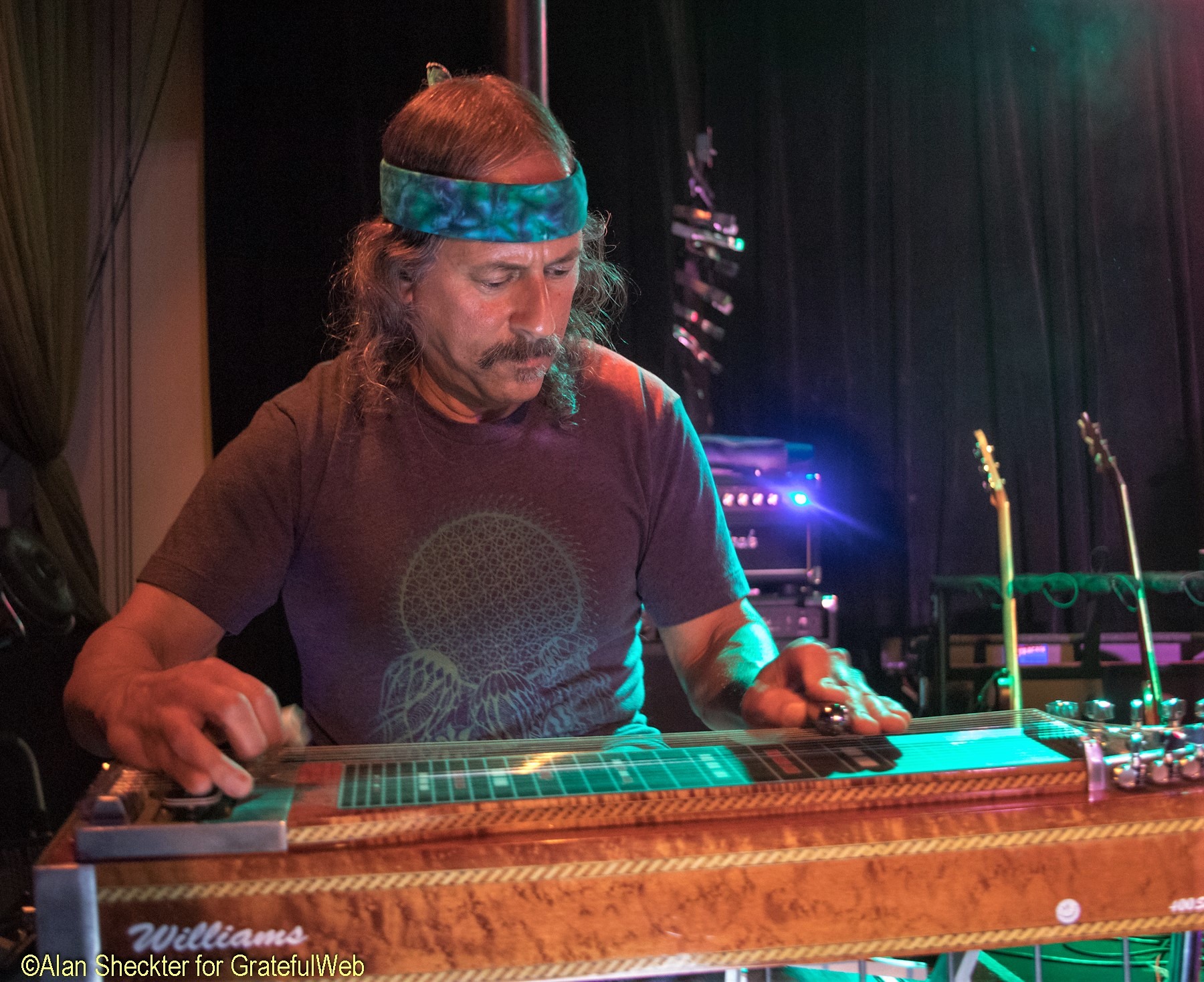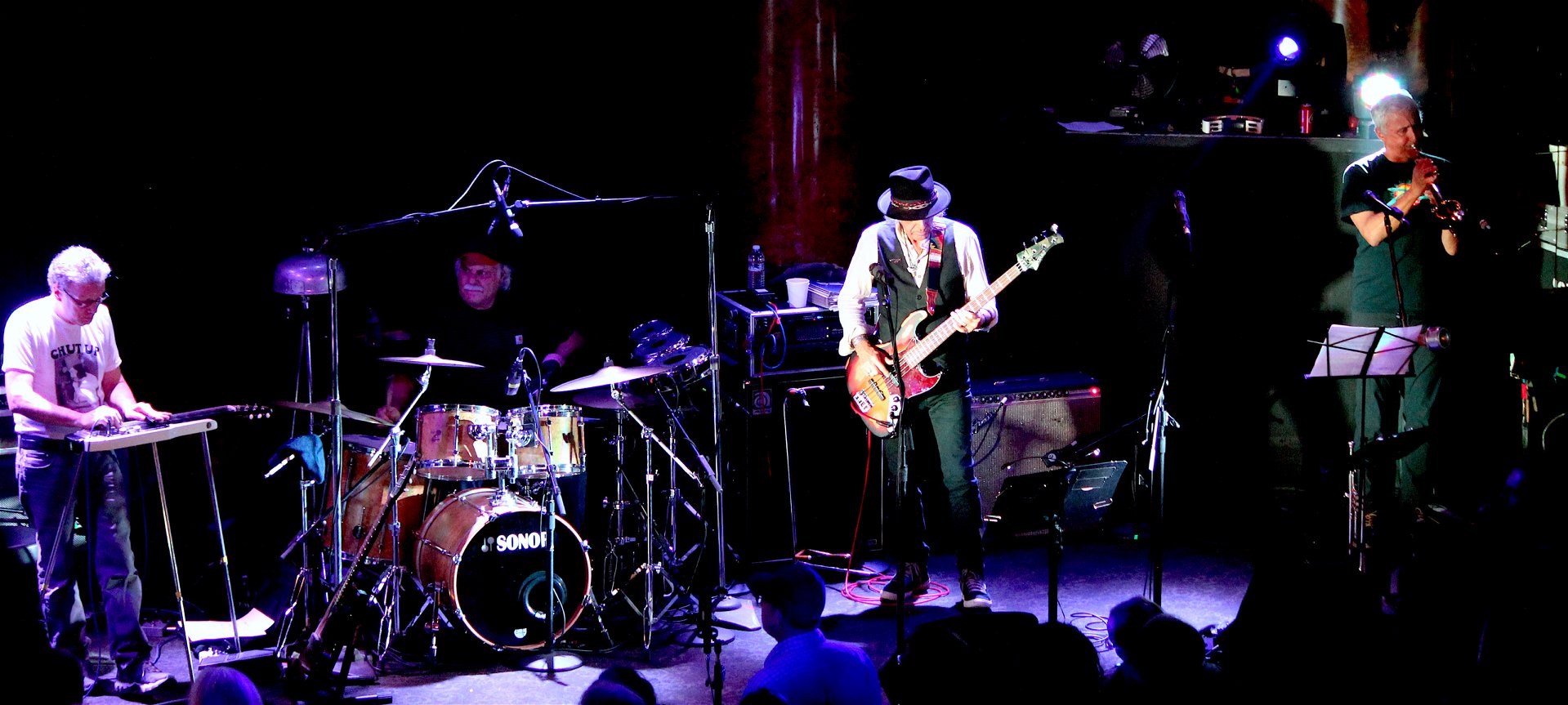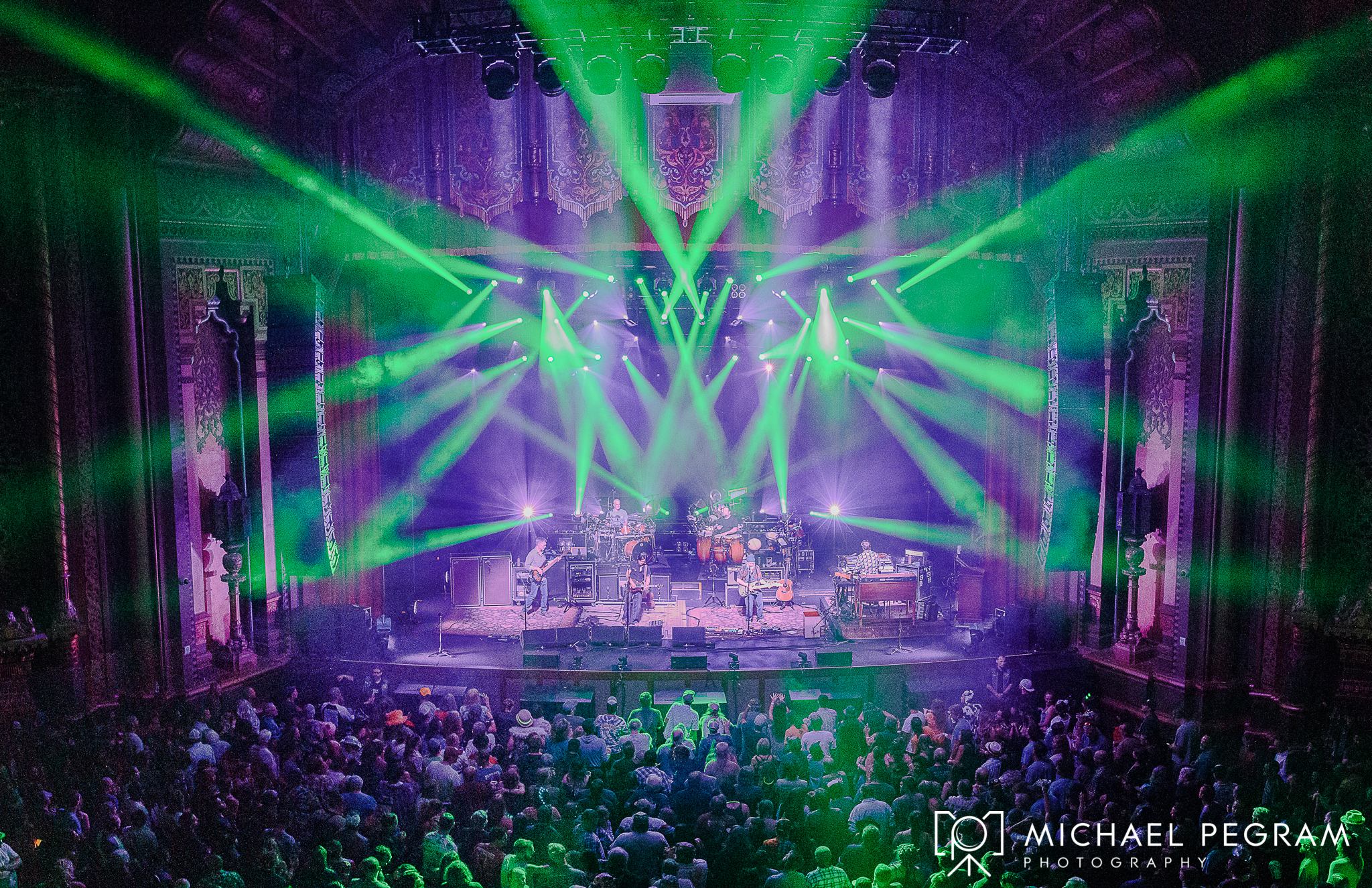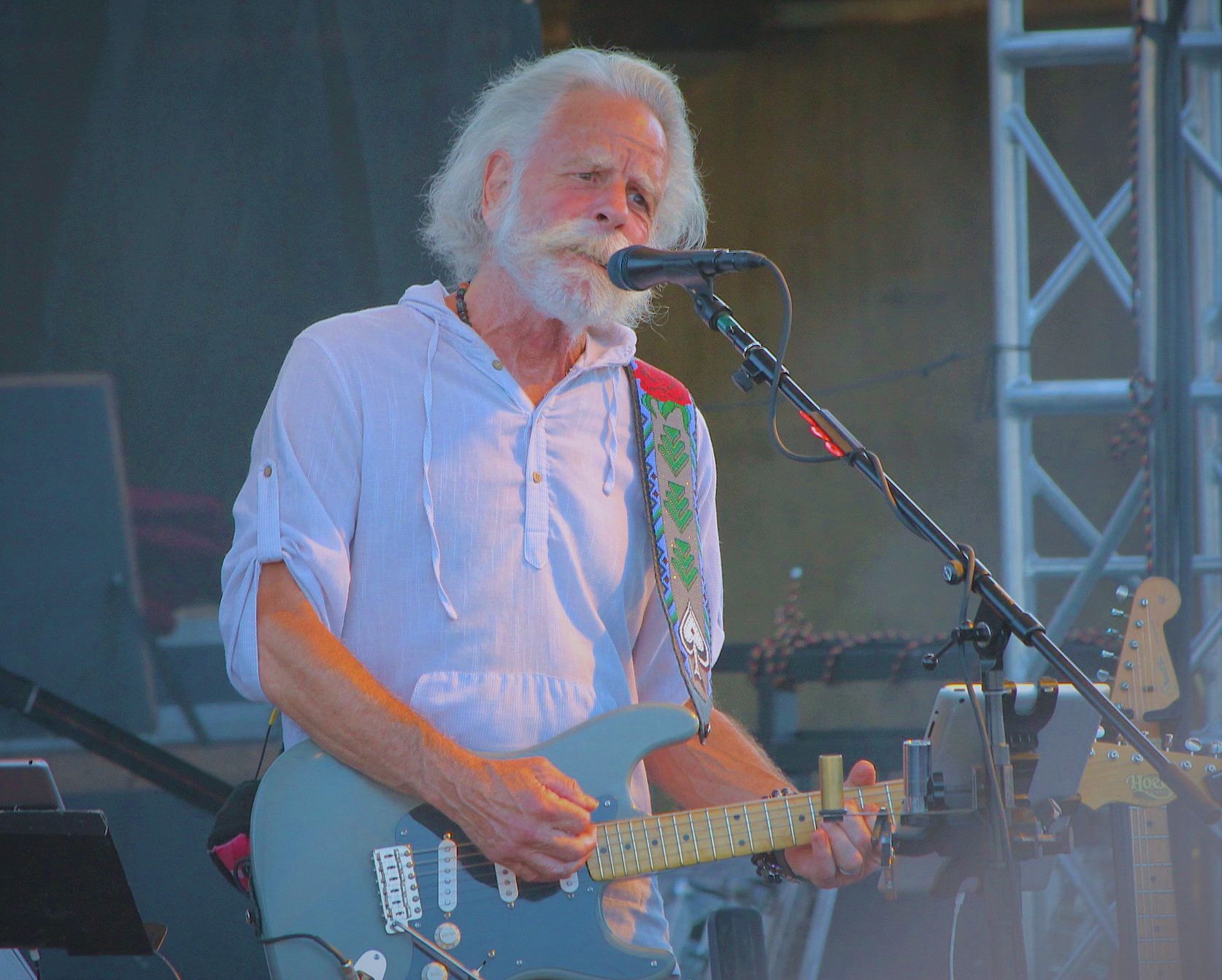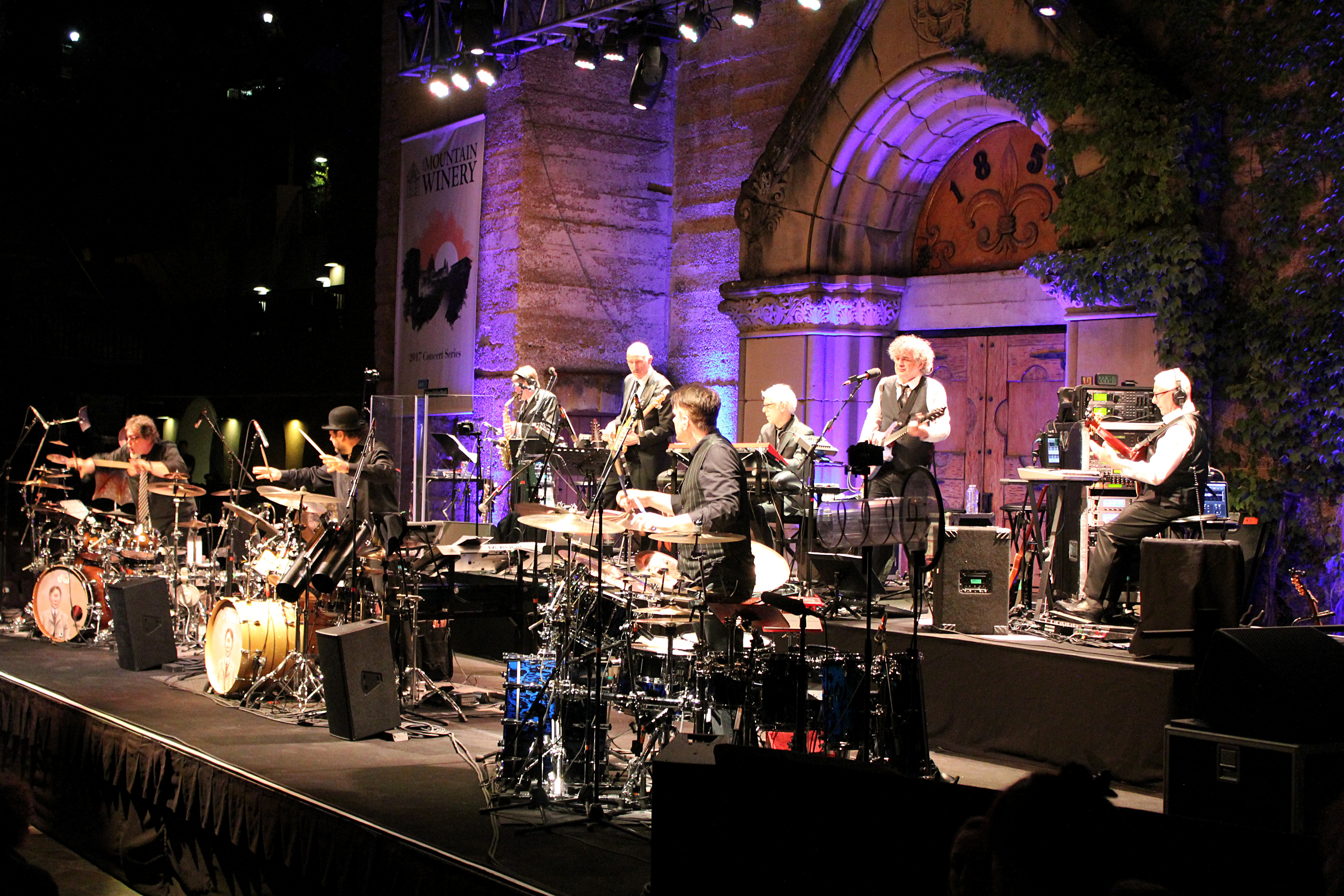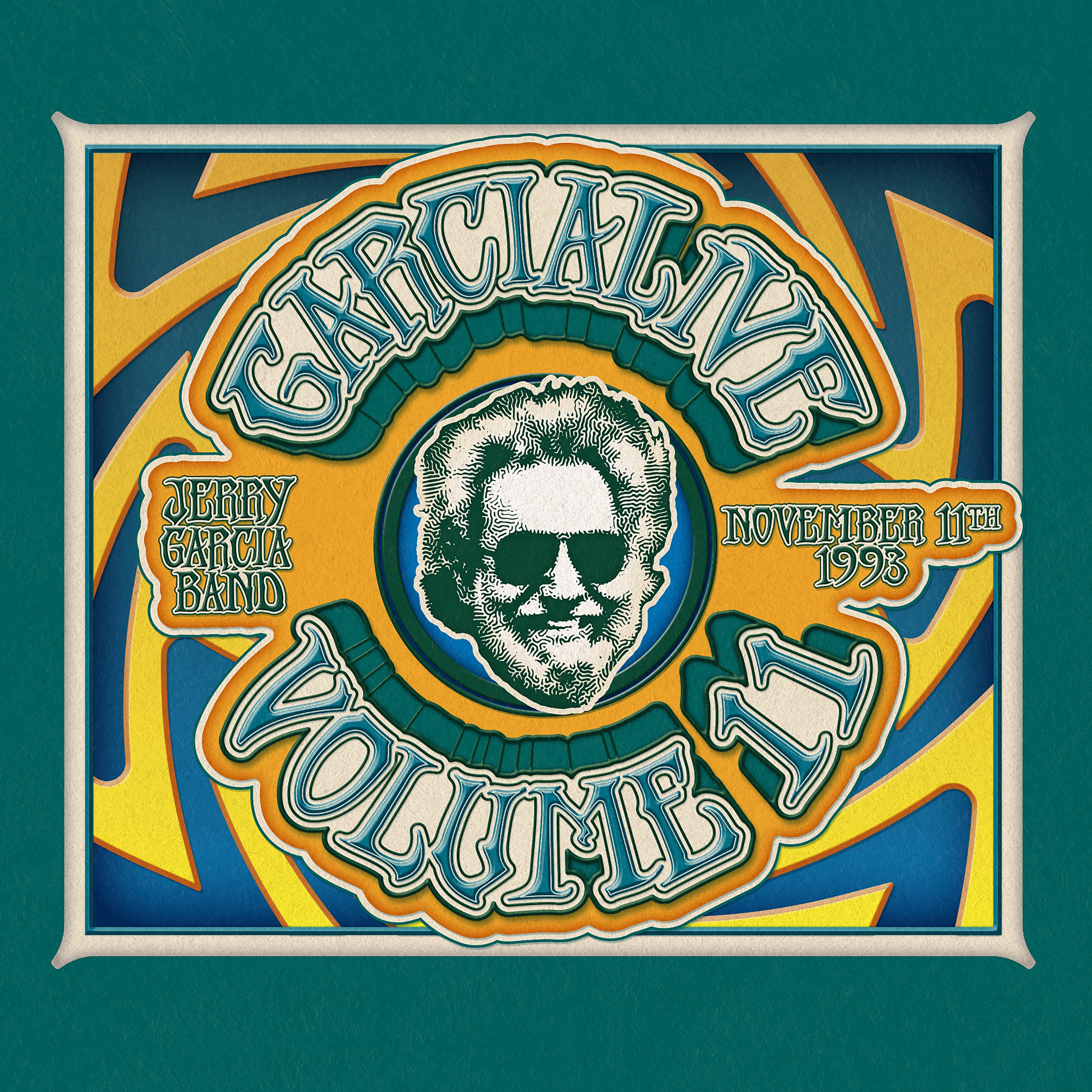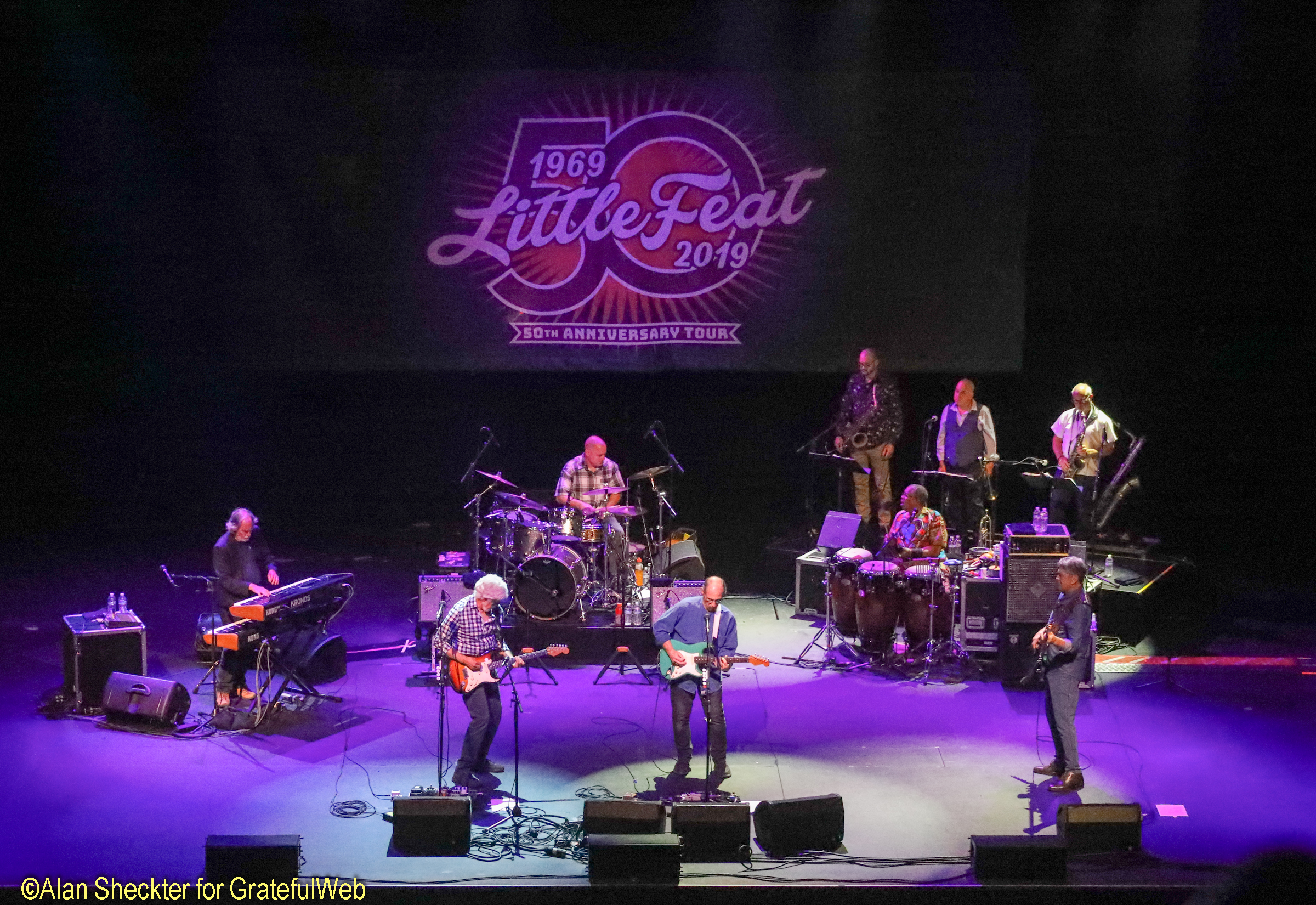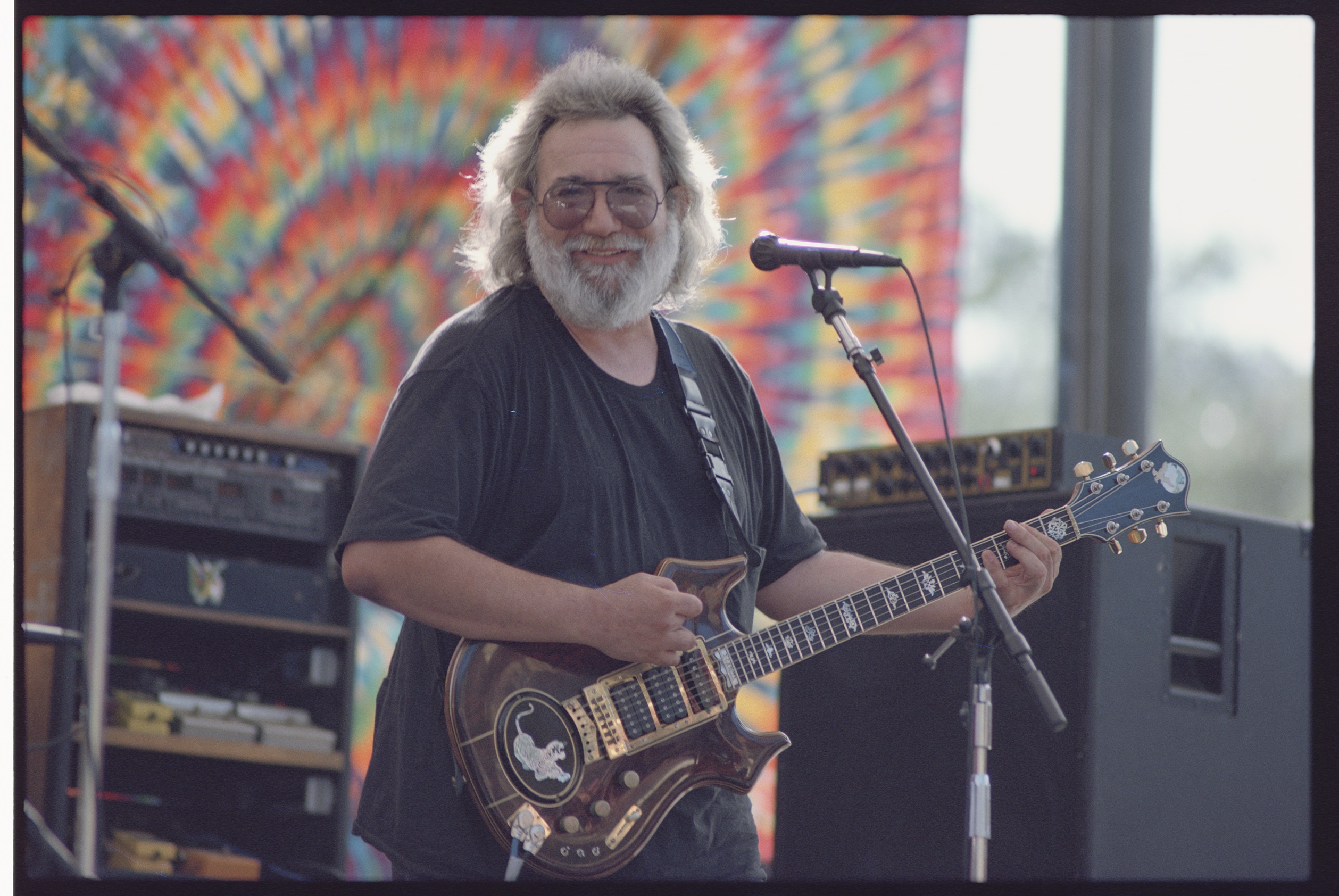Grateful Web recently had the opportunity to speak to legendary bandleader, composer and jazz guitarist, John McLaughlin. John discussed his ongoing and diverse collaborations through the years, his newest album, Now Here This, and some of the guitarists who continue to push the envelope.
GW: As a pioneer of jazz-fusion, your music has never seemed to adhere to a particular musical context, time or place. Could you describe your creative process and how you compose particularly your electric music?
JM: To try to describe the 'creative process' is a daunting task since I don't really understand it myself. As far as I am concerned, it's more a question of hearing what's coming into my mind. It comes from silence and that's all I know. That said, there is a process I follow which is basically to get out of the way and try to articulate the idea without 'contaminating' it with my predilections. That's a strong word, but it's a matter of keeping the integrity of the idea. The idea itself can be a number of 'things': A melody, a harmonic movement that incorporates its own melodic suggestions. This is one of the reasons I have to listen very attentively. Ideas can also come in rhythmic form, as a particular rhythmic cycle that itself suggests melodic counterparts. You ask about electric music in particular, but in fact, all music comes to me in these ways whether for the 4th Dimension, Shakti or other forms. I'm unable to sit down and write music, I have to wait for it to appear and when I have enough I can go to record. For example, since the new recording, I have written two pieces for acoustic guitars which I'll play with Paco one day, a new piece for solo violin and sound design and three new pieces for the Shakti group. I never really know what's coming.
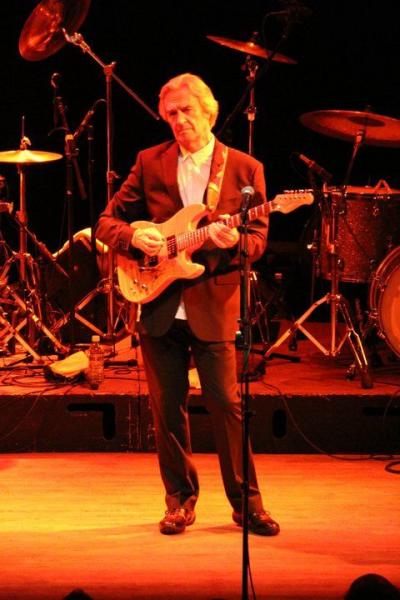
GW: Your collaborators over the years are majorly varied and always esteemed. Collaborations with Indian masters such as L. Shankar and Zakir Hussian, to flamenco great Paco De Lucia, have compiled some of your most interesting music. What keeps bringing you back to blending your style with musicians from other cultures and parts of the world?
JM: I think the answer to this question is love. If you love this or that music and culture, and you are a musician, you will naturally find your way in those particular cultures and music at some point. For me, love knows how to find the way. Since I was a teenager, I have loved, and love today all the music that comes from the diverse cultures that have played an important role in my life. You have mentioned these influences above, but you forgot the most important: Jazz. I am by love and discipline, a jazz musician. Every musician needs a discipline either jazz, classic, east or west, and even rock. There are some rock guitarists today who have done amazing work pushing the evolution of the electric guitar: Jimi Hendrix, B.B. King, Eric Clapton, Eddie Van Halen, there are much more, and I've been influenced by them like everyone else.
GW: Your new album “Now Here This” will undoubtedly continue to build status as a milestone in your career. To me, it sounds more like the electric work you were doing in the 70s, solo and with Mahavishnu Orchestra. Do you regard this recording as nostalgic or moving forward?
JM: I don't see my work with the same eyes as you do. My recordings are like paintings, and each one is different. However, all the musical experiences I've had in my past affect what I do today. As a consequent, I hear, as do you, characteristics of work that I've done in the past in present-day compositions and playing. As far as 'regarding the recording as nostalgic or moving forward', as you put it, I see each recording as the present moment and where I am in music and in life at this present moment. So to me, it is neither backward nor forwards.
GW: Listening to the album, I adored the 4th Dimension’s new material, especially with your new drummer Ranjit Barot. He is such a talented player and an unbelievable drummer. What’s your background with Barot previous and how did you come to bring him into your band?
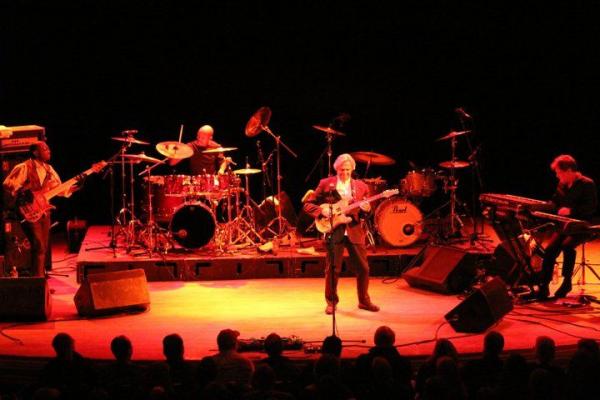
JM: I'm very happy you enjoy the playing of Ranjit. To me also, he is not only a great drummer and human being but also an innovator in the world of drums and rhythm. We began playing together about nine years ago during the annual festival organized by Zakir Hussain in honor of his late father, the great Alla Rakha. This is a day-long festival of music with the accent on the rhythm that takes place every year in Mumbai India. In 2006 during a six-month stay that I made with my family in India, I recorded the Cd 'Floating Point', and Ranjit is the drummer on this recording. His playing there is also revolutionary.
GW: One of my favorite tracks off the new album is certainly “Call and Answer” which particularly displays Etienne M’Bappe’s virtuoso abilities on fretless bass. He is so prominent in the bands sound, both live and studio. Has his strong lead abilities posed a challenge or shift in dynamics when you compose or are performing?
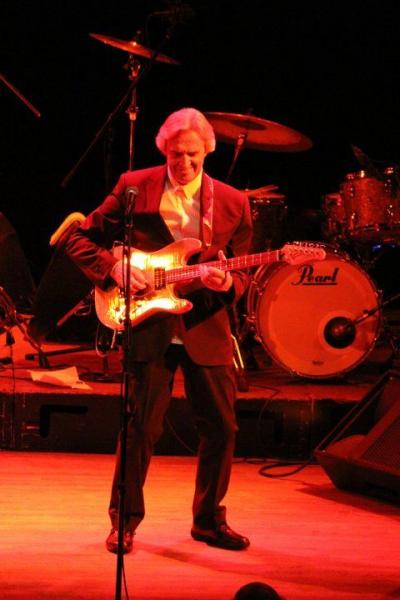
JM: Etienne and I met about 12 years ago during his tenure with Joe Zawinul's Syndicate. I saw and heard then what a formidable musician he is. However at that time both he and I were involved in different projects, so we were only able to get it together about 4 or 5 years ago. Playing with Etienne and both Gary and Ranjit is a constant challenge, but this is what I need in music. Not only me, but they also need challenging, and I do my best to keep the challenge alive and well. The simple fact is that I can write anything and I don't have to concern myself whether they will be able to play it. This is a wonderful position to be in as far as composing is concerned, and frankly, Etienne is the perfect bassist for this band.
GW: When I saw the 4th Dimension last year, Gary Husband stuck out in my memory very prominently. As both a strong drummer and master of the keys, he is an integral part of the 4th Dimensions sound. Has having a multi-instrumentalist of this unique nature posed a challenge as a bandleader?
JM: Gary is one of those unique musicians that can play two instruments on a very high level of virtuosity. To have a talent like Gary in the band is like having an extra musician. Plus, as a musician, I am strongly oriented towards rhythmic sophistication, and to have both Ranjit and Gary is a kind of luxury. I don't know if you've heard his piano recordings, but they testify to his great pianistic talents and are well worth listening to. Gary has been with me since the beginning of 4th Dimension which began about ten years ago, and he continually amazes me.
GW: Do you plan to tour the new album this winter in the United States at all? Don’t forget Colorado!
JM: As I write this mail to you, I am in Siberia where it is already winter! We're quite lucky that it's only a few degrees below freezing as normally it's around -20 Celsius here!!! Tomorrow we fly to St. Petersburg, and then on to Moscow and continue after into continental Europe. We won't be touring the US this winter, in fact, I don't know when I'll be in the US next. At some point it'll be on the website, so check in from time to time.
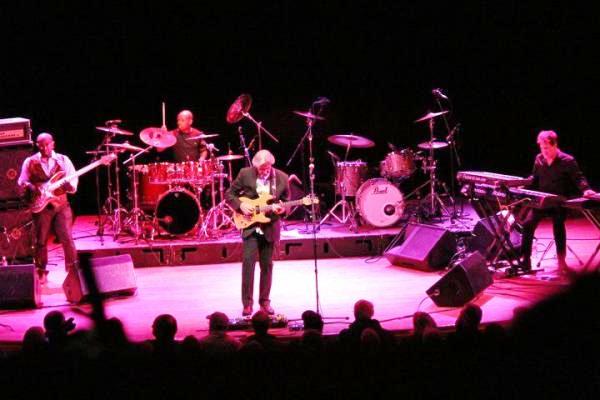
GW: Grateful Web is more than thrilled to have the opportunity for this E-Interview with you. Your music has helped develop my taste for jazz and eastern music immeasurably. Listening to “Now Here This” and developing an album review as well as these questions has reinforced my continued love for fusion music. It’s an honor to have you take time to answer these questions, and all of your Colorado fans cannot wait until your next run through. Please keep making music as it continues to touch so many people from many different walks.
JM: Dear Dylan, I'd like to thank you for giving me the opportunity to speak about my music. So that you know, Colorado is one of my most favorite places to visit in the US. Every time I'm there I'm always surprised by the enthusiasm of the listeners, not only that, but it's the most beautiful state in the USA!!!
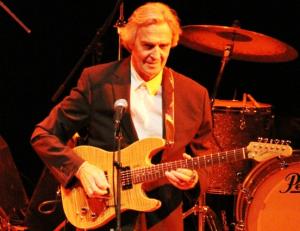
JM: Hoping to meet you in the future, with warm regards, John






